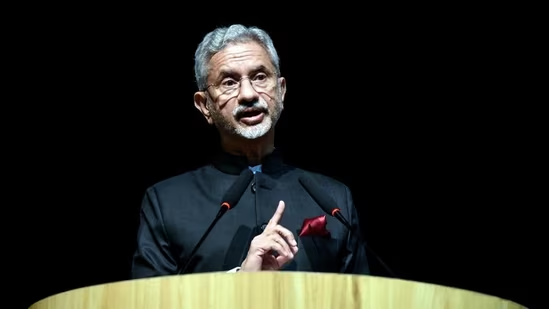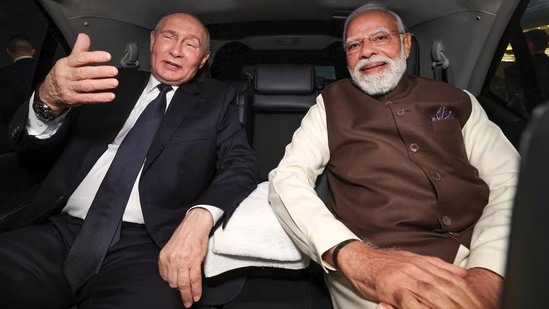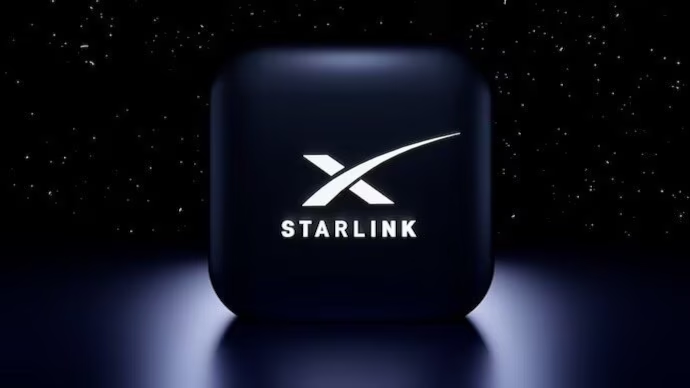In Short
- Indian refiners slow Russian oil purchases amid US tariffs
- State refiners pause spot buys of Urals crude for October loading
- Middle East crude seen as key substitute for Russian supplies
Indian refiners are slowing down their purchases of Russian oil, as pressure grows from the United States after President Donald Trump announced 50% tariffs on Indian exports, reported Bloomberg.
The move is seen as a response to India’s continued imports of Russian crude despite global sanctions against Moscow.
Refiners like Indian Oil Corporation, Bharat Petroleum Corporation and Hindustan Petroleum Corporation have decided not to buy Russian oil on the spot market in the upcoming buying cycle. The decision affects purchases of Russia’s Urals crude for cargoes loading in October.
People familiar with the matter told Bloomberg that the refiners are waiting for clear guidance from the government before placing new orders. These people did not wish to be named as they are not authorised to speak to the media.
SPOT PURCHASES ON HOLD, TERM CONTRACTS MAY CONTINUE
While India has not officially ordered refiners to stop buying Russian oil, the government is reportedly reviewing the situation. As per Bloomberg, state-run refiners have already been asked to draw up alternative plans that focus on sourcing crude from non-Russian suppliers.
Crude oil deals, especially outside long-term contracts, are usually finalised one-and-a-half to two months in advance. This gives refiners time to secure supplies in line with their future needs.
For now, purchases of Urals crude set to load in August and September are expected to go ahead as planned unless the Indian government advises otherwise. Some cargoes have already been delivered to Indian ports, although a few shipments were slightly delayed.
TARIFFS ADD TO SUPPLY UNCERTAINTY
The spotlight is now firmly on India’s oil import choices after Trump doubled tariffs on Indian exports to 50%. This sharp increase is meant to punish New Delhi for continuing oil trade with Moscow, according to the US administration. The US has not made a similar move against China, another major buyer of Russian oil.
This development has caused uncertainty in global oil markets. Brent crude prices were steady at around USD 67 per barrel on Thursday, after falling for five consecutive days. Traders are watching to see if there will be any large disruptions to oil flows and whether Russia can find alternative buyers for its crude.
INDIA LOOKS FOR ALTERNATIVES
India had increased Russian oil imports after the Ukraine war started, rising from nearly zero to more than 2 million barrels per day at its peak. Now, that figure may fall as refiners hesitate to place fresh orders.
Traders expect that any fall in Indian demand for Urals crude could lead to deeper discounts from Russia and possibly more offers to China, which doesn’t usually buy large quantities of this variety. At the same time, Indian refiners may look towards the US, the Middle East, and African countries to make up for the shortfall.
Private refiners such as Reliance Industries and Nayara Energy have also been quiet lately. Nayara, in particular, has been dealing with reduced production due to European Union sanctions. Meanwhile, state-owned refiners have started issuing tenders to buy oil from non-Russian sources.
RUSSIAN SUPPLIES COULD BE REPLACED BY MIDDLE EAST CRUDE
R. Ramachandran, former Director of Refineries at Bharat Petroleum, told Bloomberg that any short-term disruption can be managed. “There would be some operational disruptions for a period, but the crude supply-demand would balance out,” he said.
He added that the Middle East offers both proximity and variety in crude oil types, making it a natural alternative for Indian refiners. “Middle East cruses, with the geographical advantages and a wide range of quality, will be a prime substitute, especially from Saudi and Iraq,” Ramachandran said.
In late July, Indian refiners already began reducing purchases of Urals crude due to higher prices. Since then, they have turned to other regions, soaking up spot cargoes at better rates.































